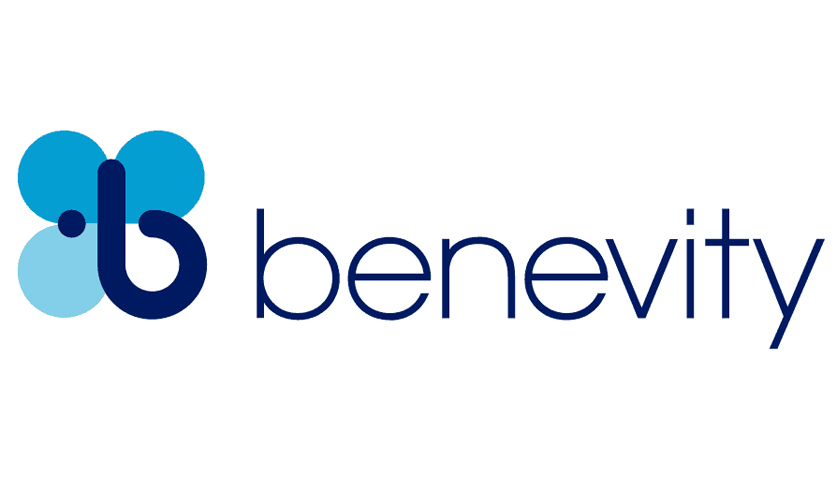Benevity Inc., the global provider of social impact software, today announced the release of a first-of-its-kind research report exploring the state of corporate grantmaking around the world. This latest report from the Benevity Impact Labs, The Grants Confidence Gap: Uncovering the Hidden Barriers to Effective Corporate Grantmaking, is based on responses from 120 global companies.
The report reveals that while 74% of organizations say they are implementing best practices in grantmaking, only 51% feel they are doing so effectively exposing a lack of confidence in their work. This confidence gap can pose challenges for teams under increasing pressure to demonstrate tangible social and business value, while also exposing untapped opportunities to transform well-intentioned granting programs into truly high-impact ones.
“We often talk about impact in terms of dollars and outcomes, but the data shows that confidence is another subtle indicator of an effective grantmaking program,” said Sona Khosla, Chief Impact Officer at Benevity. “We hope that this new research will allow teams to transform their programs into platforms for real, sustained change by identifying areas where they can improve their practices. The fact that so many companies are already embracing best practices proves that the will is there. The opportunity is to support grantmakers in doing it well.”
The study takes a deep dive into the foundational practices of a successful modern granting program, what makes a best-in-class grantmaking program, and how grantmakers feel about their ability to deliver with excellence.
Key Findings
The Grants Confidence Gap report studies four key areas of practices and highlights where there is opportunity:
- Strategic Alignment and Execution: Nearly all organizations participating in the self-assessment reported having key supports in place: leadership buy-in, annual budgets and even dedicated staff. Yet a deeper dive reveals misalignment in the confidence grantmaking teams have in the value executives assign to grantmaking programs, both in terms of buy-in and budgetary support.
- Stakeholder Engagement and Impact: Responses that fall under the heading Stakeholder Engagement and Impact have some of the lowest “do it well” self-assessments. The study reveals that there are a lot of organizations engaging broadly with many stakeholder groups, but most report that they are not generating the kind of success they expect.
- Innovation and Adaptability: Grantmakers are practicing many of the tenets of trust-based philanthropy, an increasingly popular movement in recent years. While fewer express deep confidence in these practices, the scores in this section performed notably better than the average “do it well” score of 51% for all practices in the report.
- Communication: While 62% of organizations communicate impact data to employees, only 41% believe they do it effectively. Most organizations focus communications efforts on ESG reporting and public-facing communications, indicating an opportunity to reinforce brand value, especially with employees.
“The real barrier isn’t effort, it’s making the hard choices,” said Sona Khosla, Chief Impact Officer at Benevity. “Grantmaking teams care deeply, but to grow programs and partnerships over time, there are decisions to be made about where to invest precious time and how best to build trust. When organizations align around what truly matters, the confidence gap will narrow, creating more opportunities for programs,partnerships and impact to grow.”
The Grants Confidence Gap Report is based on data collected through the Benevity Impact Index, a comprehensive, proprietary self-assessment completed by CSR and grantmaking practitioners that benchmarks companies on the depth and breadth of their impact programs and investments across eight key areas considered critical for success.
